Editor:
Brandon Sweet
University Communications
bulletin@uwaterloo.ca
2018's Distinguished Teachers announced
The Distinguished Teacher Awards for 2018 will be presented to four faculty members at Convocation, Associate Vice-President, Academic Mario Coniglio announced at last night’s meeting of the University's Senate. The recipients are:
- Wayne Chang, Conrad Business, Entrepreneurship and Technology Centre;
- Shannon Dea, Philosophy;
- Jake Fisher, Chemistry; and
- Julie Kate Seirlis, International Development.
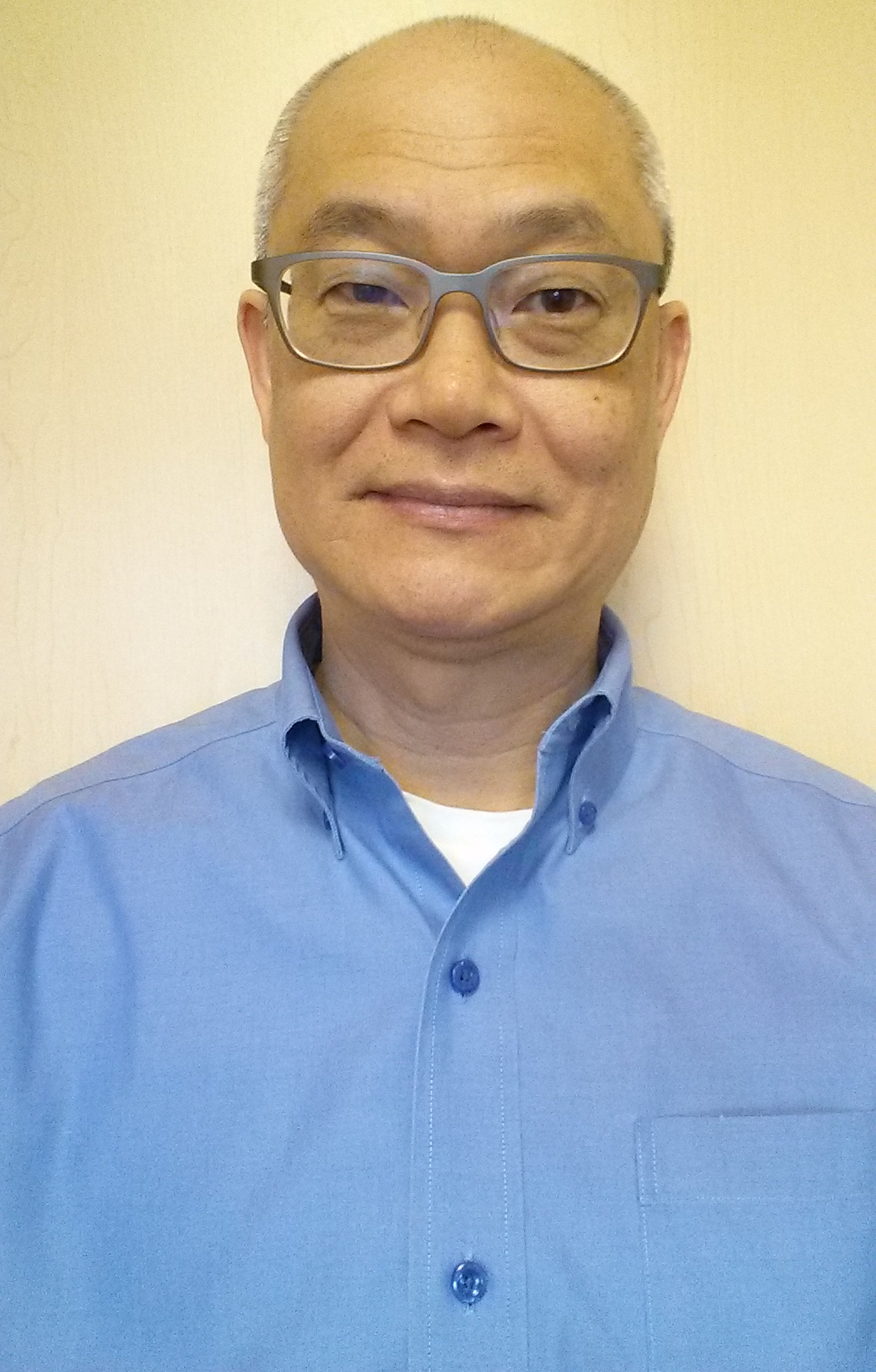 Wayne Chang (lecturer, Conrad Business, Entrepreneurship and Technology Centre)
Wayne Chang (lecturer, Conrad Business, Entrepreneurship and Technology Centre)
As the Enterprise Co-op Program Coordinator, Wayne Chang has had an outstanding influence on the students he teaches. One of his undergraduate students commented that “his practical approach and his ideas of process over product allowed for a course that I won’t forget after the exam.” He has supported several students through the Enterprise Co-op Program who have gone on to become CEOs of their own companies. One such student noted that “Wayne's mentorship and guidance does not end when the semester does. He continues to have one of the most genuine interests in his student’s lives that I have ever seen.” Chang has been recognized by his students for human qualities “beyond his wealth of technical know-how and teaching excellence.” One alumnus recounted “countless late nights engaging in valuable discussion” with Chang and acknowledged that he “repeatedly placed his reputation on the line” to guide his students to success. Wayne Chang has had the honour of being recognized for teaching excellence from the Dean of Engineering and received the Outstanding Performance Award in 2014.
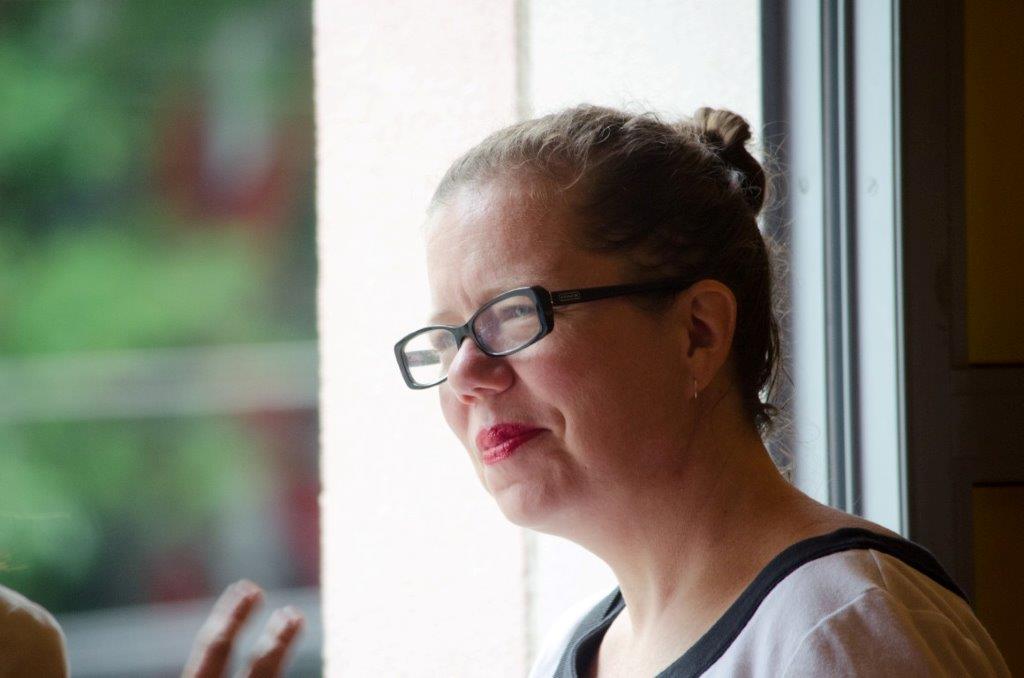
Shannon Dea (associate professor, Philosophy)
Associate Professor of Philosophy Shannon Dea has been called a “champion of the Women Studies program.” One of her graduate students noted, “I definitely feel like I’ve learned and still learn a lot from Prof Dea. Nearly every day I’ve left a class of hers, my head feels like it’s just buzzing and brimming with new information and ways of thinking about aspects of the world I hadn’t considered before.” Colleagues commented that, “in a nutshell, Shannon does the unexpected in her teaching. She uses the unexpected and untraditional for several reasons, including: it keeps the learning atmosphere interesting, and it allows her to personally model risk and innovation to her students.” Another colleague acknowledged that “risk-taking, of course, is only valuable if the risks are worthwhile, and all of Professor Dea’s risks both aim at improving student learning and the student experience, and are studiously informed by evidence and research.” Shannon Dea has previously been the proud recipient of the 2016 Arts Award for Excellence in Teaching and the 2012 Province of Ontario's Leading Women Building Communities Award.
Jake Fisher (laboratory instructor, Chemistry)
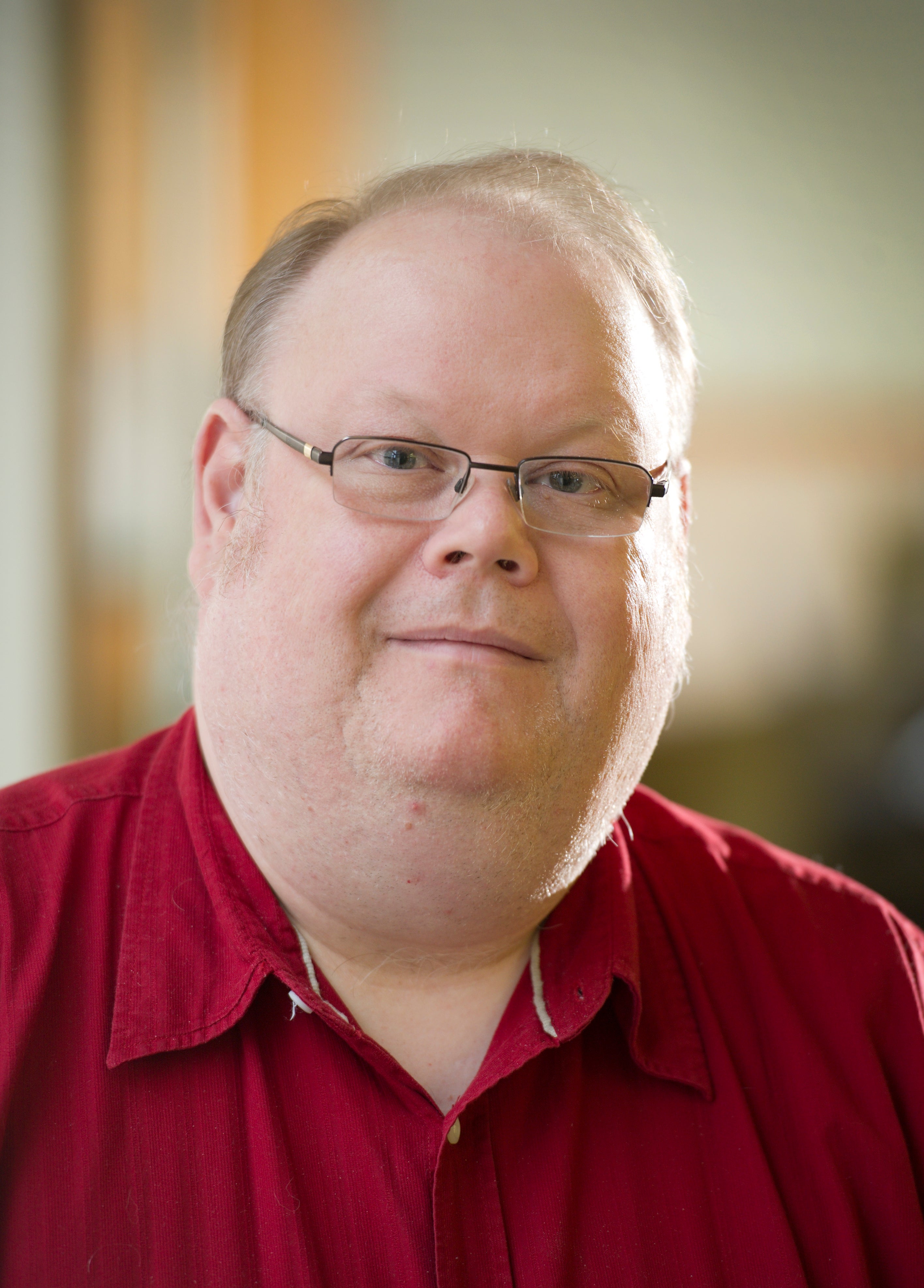 Jake Fisher is a Lab Instructor in the Department of Chemistry and is renowned for his teaching by his students and colleagues alike. One of his undergraduate students remarked that “his course notes are the most well written and in-depth course notes I’ve come across during my undergraduate career. Jake is always welcoming and willing to help, his open-door policy for asking help ensures that students fully understand. You can tell that teaching is not just a job for him, but a passion.” Fisher was also recognized for his patience by a graduate student: “I remember going to him with the same problem multiple times and he was always as patient as he was the first time. Patience is his character trait. It’s also great to know that someone as knowledgeable as Dr. Fisher is positive about the student’s growth and success.” Fisher’s approach to mentorship extends his impact to the Chemistry Department as a whole, as noted by a colleague: “Jake mentored me in such a way that I felt like I was responsible for supervising my students and not just simply ‘keeping an eye on them.’” Jake Fisher has had the honour of receiving the 2011 Excellence in Science Teaching Award.
Jake Fisher is a Lab Instructor in the Department of Chemistry and is renowned for his teaching by his students and colleagues alike. One of his undergraduate students remarked that “his course notes are the most well written and in-depth course notes I’ve come across during my undergraduate career. Jake is always welcoming and willing to help, his open-door policy for asking help ensures that students fully understand. You can tell that teaching is not just a job for him, but a passion.” Fisher was also recognized for his patience by a graduate student: “I remember going to him with the same problem multiple times and he was always as patient as he was the first time. Patience is his character trait. It’s also great to know that someone as knowledgeable as Dr. Fisher is positive about the student’s growth and success.” Fisher’s approach to mentorship extends his impact to the Chemistry Department as a whole, as noted by a colleague: “Jake mentored me in such a way that I felt like I was responsible for supervising my students and not just simply ‘keeping an eye on them.’” Jake Fisher has had the honour of receiving the 2011 Excellence in Science Teaching Award.
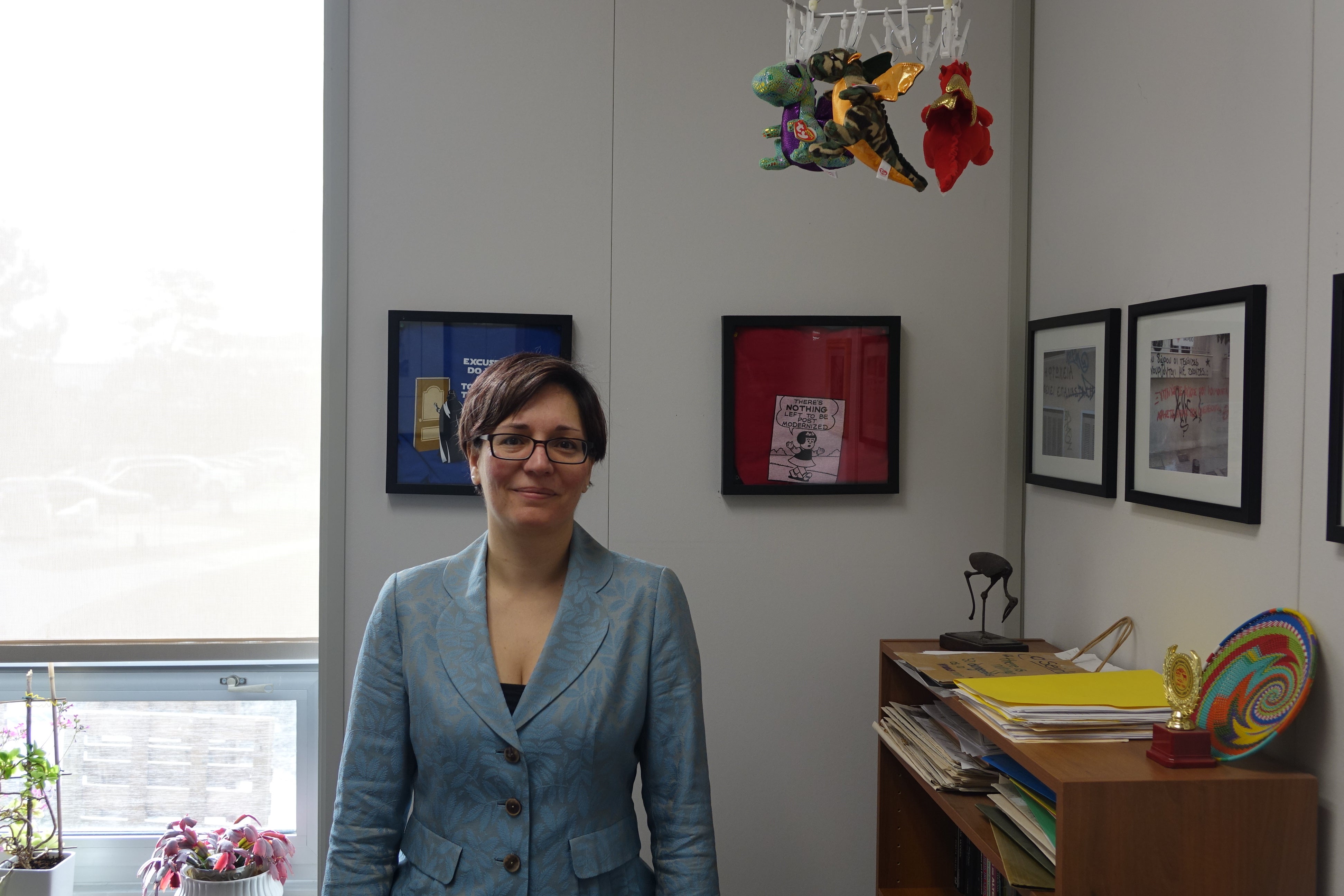
Julie Kate Seirlis (assistant professor, International Development)
Julie Kate Seirlis is an Assistant Professor at St. Paul’s University College whose “transformative and memorable” teachings have inspired students, alumni, and colleagues. Nominees praise her “graceful guidance” in the development of students’ “tools for ‘critical thinking.’” Her undergraduate students value that she “constantly challenges her students to go further and deeper. She has a desire to produce critical thinkers, people who ask questions.” Graduate students are “motivated by her genuine interest and engagement with issues of environmental justice, and [are] powered by her creativity and experience in development work, research, and professorship.” An alumnus wrote: “I was able to look back and see that she had led us on a brilliant learning journey.” Several colleagues of Seirlis’s nominated her because “she has been a consistent voice of support, has connected us to many valuable contacts, and has encouraged us to bring our work into the academic sphere.”
Check back with the Daily Bulletin tomorrow for the list of winners of the Amit and Meena Chakma Awards for Exceptional Teaching by a Student.
Pharmacist Awareness Month: Think Researchers
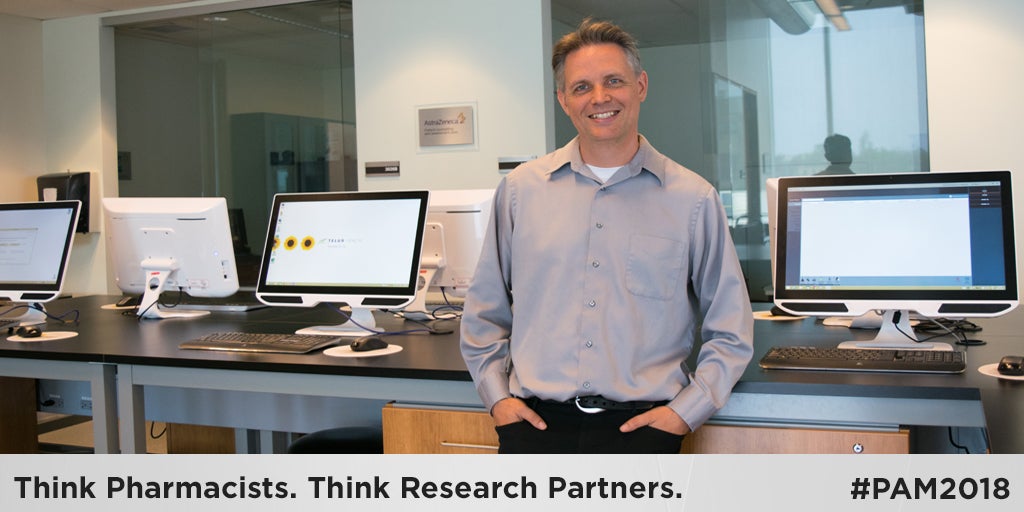
Clinical lecturer Tom McFarlane was an oncology pharmacist at Cambridge Memorial Hospital before joining Waterloo Pharmacy. Given this expertise, McFarlane is collaborating on a pilot project that aims to make cancer appointments easier for patients.
The project is run with Grand River Hospital and the Ontario Telemedicine Network and explores using teleconferencing to increase convenience of follow-up care for patients with cancer. Many cancer patients receive medication in pill form instead of requiring in-hospital therapy. Follow-up appointments are essential to monitor medication effects, and in the pilot study these appointments are conducted using videoconferencing software.
“By videoconferencing follow-up appointments, the patient stays in the comfort of their home while consulting with pharmacists and registered nurses,” explains McFarlane. “We perform clinical assessments and the patients respond to questions. Our study will examine if patients are satisfied with this process and will assess the feasibility of cancer care via telemedicine.”
The project is one of many research initiatives Waterloo Pharmacy faculty engage in with health and research institutions like Grand River Hospital. It is supported by Grand River Hospital Foundation.
“As both pharmacists and researchers, we’re able to provide a unique blend of expertise and skills that produce findings that benefit Canadian patients,” says McFarlane.
The Think Pharmacists series is issued by the School of Pharmacy for #PAM2018.
University publishes salary disclosure for 2017
The University of Waterloo has released a list of the 1,450 employees who were paid more than $100,000 in 2017.
Public-sector employers in Ontario are required to publish the list every March since the Public Sector Salary Disclosure Act was passed in 1996. Other universities, school boards, hospitals, colleges, municipalities, and the government itself are making similar information for last year public this week.
The $100,000 list includes most of Waterloo's professors, and a number of staff members and senior administrators. It includes people employed by Renison University College, Conrad Grebel University College and St. Paul's University College as well as by the University of Waterloo itself.
In addition to the salary, a figure is given for taxable benefits received by each individual, for such extras as employer-paid life insurance.
Last year's salary disclosure is also available online.
Alumni live in residence to support new program for upper-year students

A message from Housing and Residences.
Faryal Diwan and Torrie William Santucci are members of Waterloo’s vibrant alumni network – with one twist: they live in student residences. While most Waterloo alumni with full-time jobs and a thriving professional network outside of campus would hesitate at the idea of returning to the student lifestyle, that is exactly what they did.
Faryal and Torrie are the pioneer Alumni in Residence (AiR) team of a new program for upper year students living in residence called Get Ready for: Life After Graduation. In partnership with Alumni Relations and the Centre for Career Action, the program launched in fall 2017 and has now been confirmed for a second year, beginning fall 2018. “We started the Life After Graduation program because we know from our experience and from research that our upper-year students (2A and beyond) are in a critical time of personal growth and learning. Our first-year program in residence was strong, but we wanted to try new ways of supporting upper-year students,” said Melissa McNown-Smith, Manager, Living-Learning, Waterloo Residences.
Attracted by a shared passion for mentoring and the community they experienced as Dons in residence, Faryal and Torrie returned to mentor upper-year students as they navigate their choices and prepare for the future. We sat down with them to learn about their experience as Alumni in Residence:
What exactly does an AiR do?
Faryal: An Alumnus in Residence is a mentor role designed to support students through educational and professional development workshops, and help them gain skills that they will need for when they graduate.
Torrie: An AiR also aims to connect students to helpful resources and information available at the University of Waterloo (UW) and in the community. I personally try to go above and beyond to help any student looking for advice or access to campus connections.
You both graduated from the Faculty of Environment and are doing some amazing work in your fields. Why become Alumni in Residence?
Torrie: I got involved as a Residence Life Don during the final year of my bachelor's program in Earth and Environmental Science. It was by far one of the most memorable times I've had at UW. When I returned as a Master of Climate Change student, I went right back to the Rez-Life experience as a Don, and it was equally rewarding. When I read the job description for the Alumnus in Residence position, I noticed similarities between this job and that of a Don, and I was immediately excited to apply.
Faryal: I held a number of mentorship roles before becoming an Alumnus in Residence; from donning for Waterloo Residences and Renison College, to mentoring a high school student through the YWCA Community Sheroes program. When I heard about the AiR program, it sounded like a great opportunity to expand my mentorship role to university students again, but this time it was different because I’m on the outside looking in. And like they say, once you’re a mentor you’ll always be one. And I love it!
You support upper years at all stages. How does the support you provide to a second year student differ from what you provide to a fourth or fifth year student?
Torrie: Students at different years in their programs will no doubt be looking for different resources and guidance.
Faryal: Exactly. I’d say a 1st or 2nd year student is still learning the ropes of time management, refining their degree and searching for their next co-op (if it’s a co-op student) or a summer job for a non-co-op student. For a 4th or 5th year student, their main focus is to ensure they do extremely well in their last year, and find their first job after graduation.
Torrie: Our jobs as AiRs is to recognize the varying needs of the students and deliver useful information or connections. For me, this includes sharing my own personal experiences, identifying on-campus resources, and inviting students to share their concerns with me in order to make their residence experience as fulfilling as possible.
At Waterloo, students have access to many supports through their faculties, student services, clubs and societies. Why is the role of an alumnus in residence important?
Torrie: Many on-campus clubs and resources are crucial to students' academic performance, mental health, and social circles. An AiR acts as a liaison to these support channels to make sure students are aware of the opportunities available to them and make sure they can access the help that they need.
Faryal: A unique aspect of this program is that Alumni in Residence are exclusively available for students under their own roof. This means that we’re available in the evenings and weekends when other resources may not be open to them. We currently partner with Alumni Relations and Centre for Career Action, and would welcome the opportunity to work more closely with faculties and other campus partners so we can better advise our students.
Finally, what does success for students in this program look like?
Both: It’s all about meeting goals! Whether a student’s goal is to expand their social circle, get a leg up on the co-op job hunt, or advance their life and academic skill-set, alumni have gone through what most students are currently experiencing and have a lot to share about what the path to success can look like for them. Talk to us!
Contemplating their own lives after the Life After Graduation program, both Torrie and Faryal look forward progressing their careers as environmental professionals, and perhaps, returning to Waterloo (again), for future studies. For more information about Waterloo Residences, on-campus housing and resources for upper year students visit uwaterloo.com/housing or email housing@uwaterloo.ca.
Upper-year housing is still available for fall 2018. Apply here.
Nutrition Month "myth vs. fact" for March 27
Here's the latest Nutrition Month "myth vs. fact" supplied by Health Services Dietitian Sandra Ace:
Myth: Pink Himalayan sea salt is better for you than table salt.
Fact: This trendy gourmet salt derived from ancient sea beds is everywhere. And so is the hype about its benefits, including that it is rich in health-promoting trace minerals and “vibrational energy.” Despite its inviting signature pale pink-coral colour that is the result of a smidgeon of trace minerals (and possible contaminants), there is no truth to any of the pseudoscience claiming it is a healthier seasoning option. Pink Himalayan sea salt contains the same amount of sodium as any other type of salt and has no special properties that make it better. Too much sodium from any source is linked to high blood pressure, which can lead to heart disease and other health problems. The average daily Canadian intake of sodium is 3400 mg per day, already much higher than the recommended intake of 1500 mg per day for adults. Using the pink Himalayan variety adds to your total sodium intake like any other salt, so use salt sparingly whatever its source is.
Flags lowered for longtime Central Stores staff member
Flags on campus have been lowered to mark the funeral of Stanley "Butch" Shantz, who worked at the University from 1970 to 2015 and retired as Manager of Central Stores.
Shantz, an inaugural member of the University's 45-year Club, died on March 22. He is survived by his spouse Susan.
Upcoming office closure
The Arts Undergraduate Office will be closed on Wednesday, March 28 from 8:30 a.m. to 9:30 a.m. for a staff meeting.
Link of the day
When and where
WISE Energy Day 2018, Tuesday, March 27, Federation Hall.
Professional School Interviews (MMI), Tuesday, March 27, 1:30 p.m., TC 1208.
Poetry and Complexity: readings and conversation between Madhur Anand (Director of WICI & poet), Roald Hoffmann (Nobel prize-winning scientist & poet), and Rae Armantrout (Pulitzer prize-winning poet), Tuesday, March 27, 4:00 p.m., DC 1301.
Better Now Community Dialogues, “Six Big Ideas To Improve Health Care For All Canadians,” Tuesday, March 27, 6:00 p.m., Stratford Campus.
PeaceTech and Pizza, Tuesday, March 27, 6:00 p.m. to 8:00 p.m., Conrad Grebel University College Centre for Peace Advancement. Dinner provided.
EURAXESS information session: European funding and networking opportunities, Wednesday, March 28, 10:30 a.m. to 11:30 a.m., QNC 1501.
University Club Easter Lunch Buffet, Wednesday, March 28 and Thursday, March 29, 11:30 a.m. to 2:00 p.m., University Club.
Single and Sexy 2018 auditions, Wednesday, March 28, 3:30 p.m., Modern Languages and Theatre of the Arts.
Vision Science Research Seminar Series featuring Dr. Christian Casanova, Université de Montréal, “Neurodegenerative diseases,” Wednesday, March 28, 4:30 p.m., OPT 347.
Global Populism and Democratic Futures Summit, Wednesday, March 28, 7:00 p.m. to Thursday, March 29, 8:00 p.m., Balsillie School of International Affairs.
Velocity Fund Finals, “20 startups compete for $125,000,” Wednesday, March 28, 11:00 a.m., SLC Great Hall.
Waterloo Women's Wednesdays: A Conversation about Mental Health, Wednesday, March 28, 12:00 p.m., MC 5501.
NEW - Debbie Dietrich retirement celebration, Thursday, March 29, 2:00 p.m. to 4:00 p.m., Grad House. Refreshments will be provided. All welcome.
WaterTalk: Winter Conditions, Ice, and Climate Change on Lake Superior, Thursday, March 29, 2:30 p.m., DC 1302.
Retirement celebration for Freddie Swainston, Thursday, March 29, 3:30 p.m., University Club. RSVP on the HR Events page.
Multiple-Mini Interview (MMI) Practice Session, Thursday, March 29, 5:30 p.m., TC 1214.
Holy Thursday Liturgy, Thursday, March 29, 7:00 p.m., St. Jerome’s University Notre Dame Chapel.
orchestra@uwaterloo: Unfinished Business Concert, Thursday, March 29, 7:30 p.m.., Humanities Theatre. Free Admission.
Good Friday holiday, Friday, March 30, most university buildings and operations closed.
Good Friday Service, Friday, March 30, 3:00 p.m., St. Jerome’s University Notre Dame Chapel.
UWaterloo Chamber Choir: Bach’s St. John Passion, Friday, March 30, 7:30 p.m., Centre in the Square, 101 Queen St. Kitchener. $30 to $82.
Easter Vigil Liturgy, Saturday March 31, 8:00 p.m., St. Jerome’s University Notre Dame Chapel.
Free Exam Fitness, Monday, April 2 to April 20.
Voices for Gender Justice in Education, Tuesday, April 3, 12:00 p.m., Dunker Family Lounge, Renison University College.
NEW - Board of Governors meeting, Tuesday, April 3, 1:30 p.m., NH 3407.
AquaHacking Information Mixer, Tuesday, April 3, 2:00 p.m. to 4:00 p.m., J .R. Coutts Engineering Lecture Hall (RCH) Room 306.
Stratford Campus presents 2018 Project Showcase and Reception, Tuesday, April 3, 3:30 p.m., Stratford Campus.
Lectures and classes end, Wednesday, April 4.
Copyright and Your Thesis, Wednesday, April 4, 1:30 p.m., LIB 329 FLEX lab.
Knowledge Integration Symposium, Wednesday, April 4, 4:00 p.m. to 6 p.m., Minto Atrium, Environment 3.
Turn Your Research Into a Startup, 'Panel with local founders and UWaterloo professors,' Wednesday, April 4, 6:00 p.m. to 9:00 p.m., The Graduate House.
2018 University of Waterloo Staff Conference, Thursday, April 5 and Friday, April 6, Science Teaching Complex.
Pre-examination study days, Thursday, April 5 and Friday, April 6.
Faculty Tenure and Promotion Workshops, Thursday, April 5 and Friday, April 6.
Faculty Recently Hired to their First Probationary Term Workshop, Thursday, April 5, 10:00 a.m. to 11:30 a.m., STC 3014.
Faculty Association Spring General Meeting, Thursday, April 5, 11:30 a.m. to 1:30 p.m., QNC 2502.
Research Talks: Contemporary Indigenous issues in Canada featuring Lori Campbell, Jasmin Habib, Dan McCarthy, and Susan Roy, Thursday, April 5, 11:45 a.m. to 1:00 p.m. Please register as seating is limited.
QPR Training, Thursday, April 5, 2:00 p.m., Counselling Services, Needles Hall.
Faculty Applying for Tenure Workshop, Thursday, April 5, 2:30 p.m. to 4:00 p.m., NH 3318.
Mush Hole Remembered, Thursday, April 5, 5:00 p.m., Dunker Family Lounge, Renison University College.
University of Waterloo Brain Day, Friday, April 6.
NEW - 2018 Waterloo Economics Workshop, "Current Challenges in Environmental and Natural Resource Economics," Friday, April 6, 9:00 a.m., EIT 1015.
A (self) reflexive lens on gerontology, public lecture by CIHR VP, Prof. Anne Martin-Matthews in honour of William Forbes, founder of Waterloo’s Gerontology program. Friday, April 6, 9:30 a.m. to noon, AHS 1689.
Faculty Applying for Probationary Contract Renewal Workshop, Friday, April 6, 10:00 a.m. to 11:30 a.m., MC 5417.
HeForShe presents Health and Pre-Tenure University Women workshop, Friday, April 6, 11:30 a.m. to 1:00 p.m., MC 5501.
Faculty Applying for Promotion to Full Professor Workshop, Friday, April 6, 1:00 p.m. to 2:30 p.m., MC 5417.
2018 University of Waterloo Brain Bee, Saturday, April 7, 9:30 a.m. to 2:00 p.m., AHS 1689.
Examinations begin, Monday, April 9.
Intellectual Property Workshop Series, “Trademarks”, Tuesday, April 10, 12:30 p.m., DC 1304. Supported by the Centre for Bioengineering and Biotechnology (CBB), the Games Institute, and WatCo.
Tri-Agency Open Access Policy - From Author's Rights to UWSpace, Wednesday, April 11, 10:00 a.m., DC 1568.
Lectures in Catholic Experience, “Dead Man Walking: The Journey Continues,” featuring Sr. Helen Prejean, CSJ, Ministry Against the Death Penalty, Friday, April 13, 7:30 p.m., St. Jerome’s University, Academic Centre Vanstone Lecture Hall.
CrySP Speaker Series on Privacy featuring Joel Reardon, University of Calgary, ““Won’t Somebody Think of the Children?” Examining COPPA Compliance at Scale,” Thursday, April 19, 2:30 p.m., DC 1304.
PhD oral defences
Electrical & Computer Engineering. Gordon Hall, "Navigating the lab-on-chip manufacturability roadblock: scalable, low-cost fluorescence detection for lab-on-chip instrumentation with rapid-prototyped microfluidics." Supervisor, Christopher Blackhouse. On display in the Engineering graduate office, DWE 3520C. Oral defence Thursday, April 5, 1:00 p.m., EIT 3151-53.
Civil & Environmental Engineering. Zinab Abuwarda Mohamed, "Comprehensive CP Optimization for Dynamic Scheduling in Construction." Supervisor, Tarek Hegazy. On display in the Engineering graduate office, DWE 3520C. Oral defence Friday, April 6, 9:30 a.m., CPH 2371.
School of Optometry & Vision Science. Ian Erkelens, "The adaptive elements of disparity vergence: Dynamics and directional assymetries." Supervisor, William Bobier. On deposit in the Science graduate office, PHY 2013. Oral defence Friday, April 6, 10:00 a.m., OPT 347.
Mechanical & Mechatronics Engineering. Andrew Michael, "Laser Processing and Modeling of Multiple Memory Shape Memory Alloys." Supervisors, Norman Zhou, Mustafa Yavuz. On display in the Engineering graduate office, DWE 3520C. Oral defence Monday, April 9, 9:30 a.m., E5 3052.